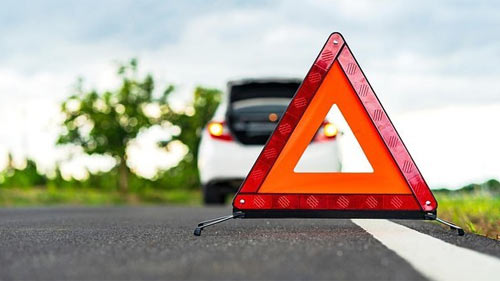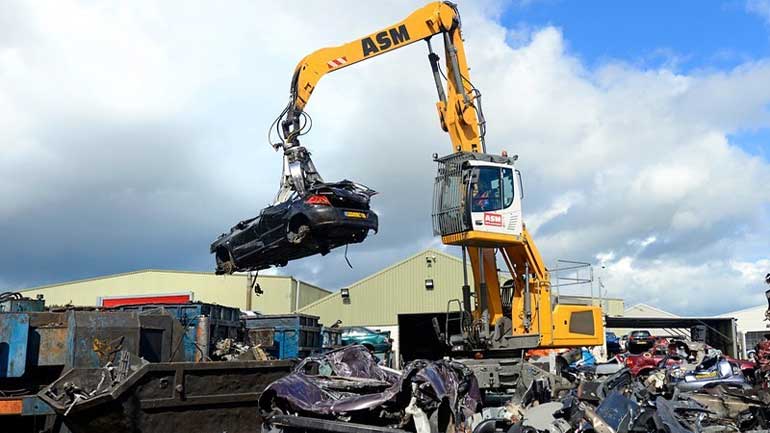
Roadside assistance is an important service for any driver. Whether you’re taking a long road trip or simply commuting to work, unexpected vehicle breakdowns can happen at any time. Roadside assistance provides peace of mind, knowing that you can rely on help if your vehicle breaks down. But what is covered by roadside assistance? In this blog post, we’ll take a closer look at the services typically offered by roadside assistance providers, with a particular focus on tires.
Tire-related issues are among the most common reasons drivers call for roadside assistance. Flat tires, blowouts, and other issues can leave you stranded on the side of the road. Fortunately, many roadside assistance plans include tire-related services.
Tire-Related Issues and Services
One of the most common tire-related services offered by roadside assistance providers is tire changes. If you have a flat tire, a roadside assistance technician can come to your location and change the tire for you. This can save you the hassle of having to change the tire yourself, especially if you’re not comfortable doing so.
In addition to tire changes, many roadside assistance plans also offer tire repair services. If your tire is punctured or otherwise damaged, a technician can come to your location and attempt to repair the tire. This can save you the cost of having to buy a new tire.
Some roadside assistance plans also offer tire inflation services. If your tire is low on air, a technician can come to your location and inflate the tire for you.
In addition to tire-related services, roadside assistance plans typically offer a range of other services. These can include jump-starts, fuel delivery, lockout services, and towing. The specific services offered can vary depending on the provider and the plan you choose.
When selecting a roadside assistance plan, it’s important to consider your specific needs. If you frequently travel long distances or in rural areas, for example, you may want a plan that includes towing services. If you’re concerned about tire-related issues, look for a plan that includes tire changes, repairs, and inflation services.
Prevention is Key: Tire Maintenance Tips
In addition to selecting the right roadside assistance plan, it’s also important to take steps to prevent tire-related issues in the first place. Regular tire maintenance can go a long way in preventing unexpected tire problems. Here are a few tips to keep your tires in good condition:
1. Check Your Tire Pressure Regularly
Low tire pressure can lead to poor fuel economy, reduced tire life, and increased risk of tire failure.
2. Rotate Your Tires
Regularly rotating your tires can help ensure even tire wear and extend the life of your tires.
3. Check for Signs of Wear
Look for signs of wear on your tires, such as cracks, bulges, or punctures. If you notice any issues, have your tires inspected by a professional?
4. Avoid Overloading Your Vehicle
Overloading your vehicle can put extra stress on your tires and increase the risk of a blowout.
5. Drive Carefully
Avoid sudden stops, sharp turns, and other maneuvers that can put extra stress on your tires.
By following these tips and selecting the right roadside assistance plan, you can help ensure that your tires stay in good condition and enjoy peace of mind knowing that you’re prepared in case of unexpected tire issues on the road.
Getting the Right Tires for Your Vehicle
It’s also worth considering investing in high-quality tires for your vehicle. While premium tires may cost more upfront, they can provide a better performance, increased durability, and improved safety on the road. Look for tires that are specifically designed for your vehicle and driving conditions.
If you’re unsure which tires are right for your vehicle, consult with a professional tire technician or your vehicle’s owner’s manual. They can help you select the best tires for your needs and ensure that they are installed correctly.
In addition to selecting high-quality tires, consider carrying a spare tire in your vehicle at all times. This can come in handy in case of a flat tire, especially if you’re driving in a remote or rural area.
In conclusion, tire-related issues are common causes of roadside breakdowns, but they can be prevented with regular maintenance and the right tire selection. By following these tips and investing in the right tires and roadside assistance plan, you can enjoy a safer and more reliable driving experience on the road.




